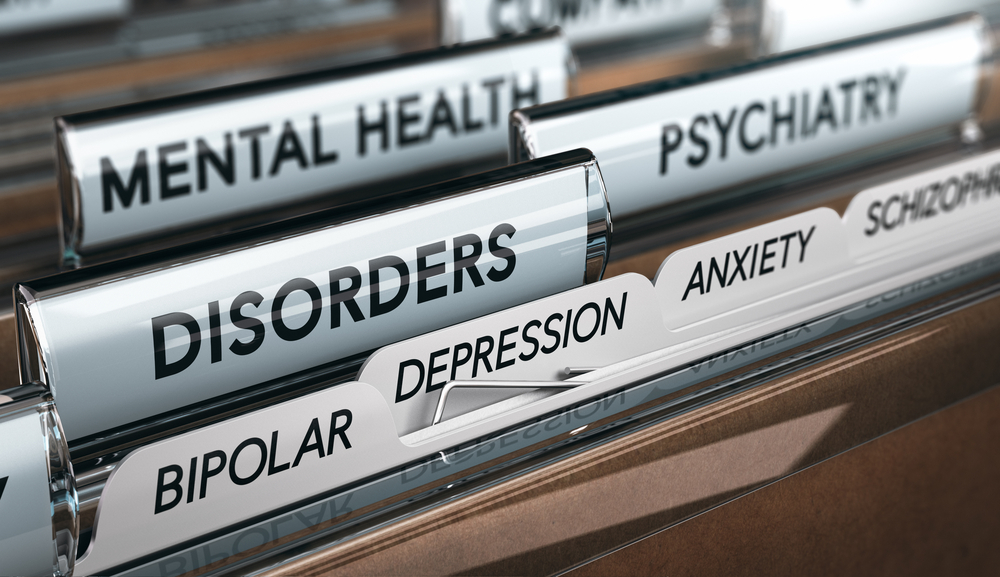Mental illness is an umbrella term that encompasses distinct diagnosable mental health ailments, disorders, diseases, and conditions, that involve changes in emotion, thinking or behavior (or a combination of these). Mental illness is highly common among teenagers in America. The American College of Obstetricians and Gynecologists (ACOG) asserts that in the United States “at least one in five youth aged 9-17 years currently has a diagnosable mental health disorder that causes some degree of impairment; one in ten has a disorder that causes significant impairment.” The Mayo Clinic explains that mental health disorders in children are “generally defined as delays or disruptions in developing age-appropriate thinking, behaviors, social skills or regulation of emotions. These problems are distressing to children and disrupt their ability to function well at home, in school or in other social situations.” While there are many different mental health illness that can affect an adolescent, the three the most common diagnosed mental health disorders in teens are:
- Attention-deficit hyperactivity disorder (ADHD): The Center for Disease Control and Prevention (CDC) describes attention deficit hyperactivity disorder (ADHD) as an inability to control impulsive behaviors, difficulty focusing and/ or paying attention, and/ or being overly active. Approximately 1 in 20 adolescents meets clinical criteria for ADHD.
- Anxiety disorders: The Diagnostic and Statistical Manual of Mental Disorders, Fifth Edition (DSM-5) list five different types of anxiety disorders which include: generalized anxiety disorder (GAD), obsessive-compulsive disorder (OCD), panic disorder, post-traumatic stress disorder (PTSD) and social anxiety disorder (also known as social phobia). The National Alliance on Mental Illness (NAMI) asserts: “Anxiety disorders are a group of related conditions, each having unique symptoms. However, all anxiety disorders have one thing in common: persistent, excessive fear or worry in situations that are not threatening.” At any given time, one in eight adolescents meet the clinical criteria for an anxiety disorder.
- Mood disorders: The Mayo Clinic explains that mood disorders are characterized by a distortion of one’s general emotional state and/ or mood that is inconsistent with the current circumstances and interferes with one’s ability to function. Mood disorders include adjustment disorder, major depressive disorder (MDD), bipolar disorder, and premenstrual dysphoric disorder (PMDD). At any given time, 1 in 20 adolescents meet the clinical criteria for a mood disorder and up to one in four children will experience a mood disorder by their late adolescence.
Although the exact cause for the development of a mental health disorder remains unknown, research indicates that it likely involves a combination of biological, environmental, and psychological factors.
For Information and Support
Every family in need of mental health treatment must select a program that will best suit the needs of their family. When one member of a family struggles, it impacts everyone in the family unit. To maximize the benefits of treatment we work closely with the entire family to ensure that everyone is receiving the support they need through these difficult times. Seeking help is never easy, but you are not alone! If you or someone you know needs mental health treatment, we strongly encourage you to reach out for help as quickly as possible. It is not uncommon for many mental health difficulties to impact a person’s life, long term. Pursuing support at the beginning of one’s journey can put the individual in the best position to learn how to manage themselves in a healthy way so they can go on to live happy and fulfilling lives.
OUR KNOWLEDGEABLE ADMISSIONS TEAM CAN BE REACHED 24/7 AT INFO@PACIFICRTC.COM OR CALL: 800-531-5769






